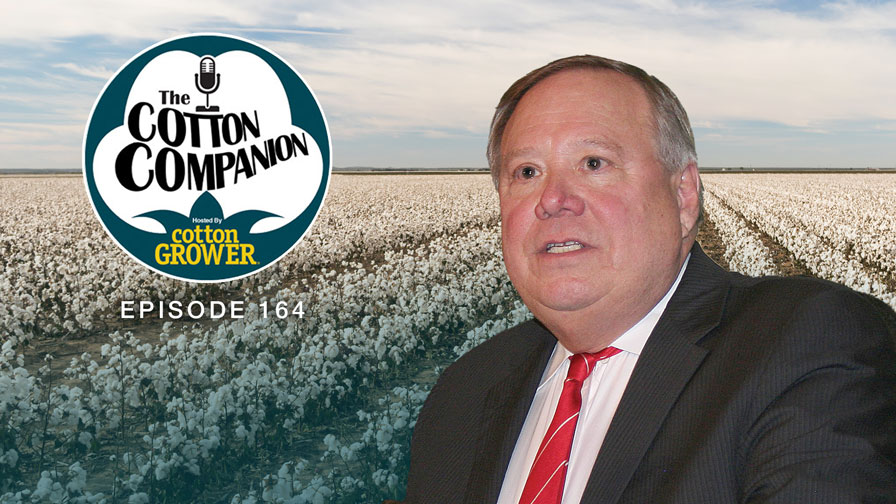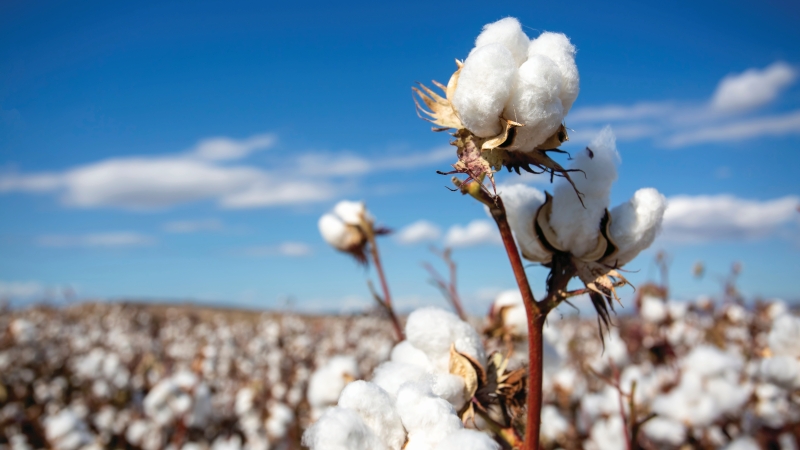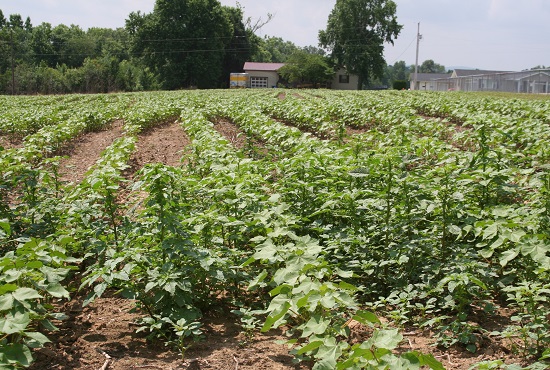Governments Urged to Clamp Down on Cotton Hoarding
This week, two news agencies reported on calls for governments to clamp down on illegal cotton hoarding. With shortages in global supplies, hoarding is a real concern.
In China, Premier Wen Jiabao told a Cabinet meeting that China must increase efforts to clamp down on illegal hoarding and speculative trading of some agricultural commodities to ensure an orderly market and price stability, according to Bloomberg.com.
“China has had six years of bumper harvests so there’s ample supply of everything from grains, cotton, cooking oil, meat and sugar,” read a government statement, which cited a meeting held by Wen. “The government will severely clamp down on hoarding and other illegal activities that cause prices to rise excessively.”
In Pakistan, “the downstream textile industry has urged the government to declare cotton and yarn as essential commodities and frame anti-hoarding laws to ensure availability of raw material for domestic industry for securing employment,” according to a report on DawnNews of Pakistan.
The report noted that “Shabir Ahmed, chairman Pakistan Bedwear Exporters Association (PBEA), said that the government should evolve a system wherein hoarding by a few spinners at the cost of others is discouraged.”
“He further said that the 15 percent regulatory duty imposed by the government recently did not produce the desired results and even today yarn is not available in the domestic market and its price is still very high.”








